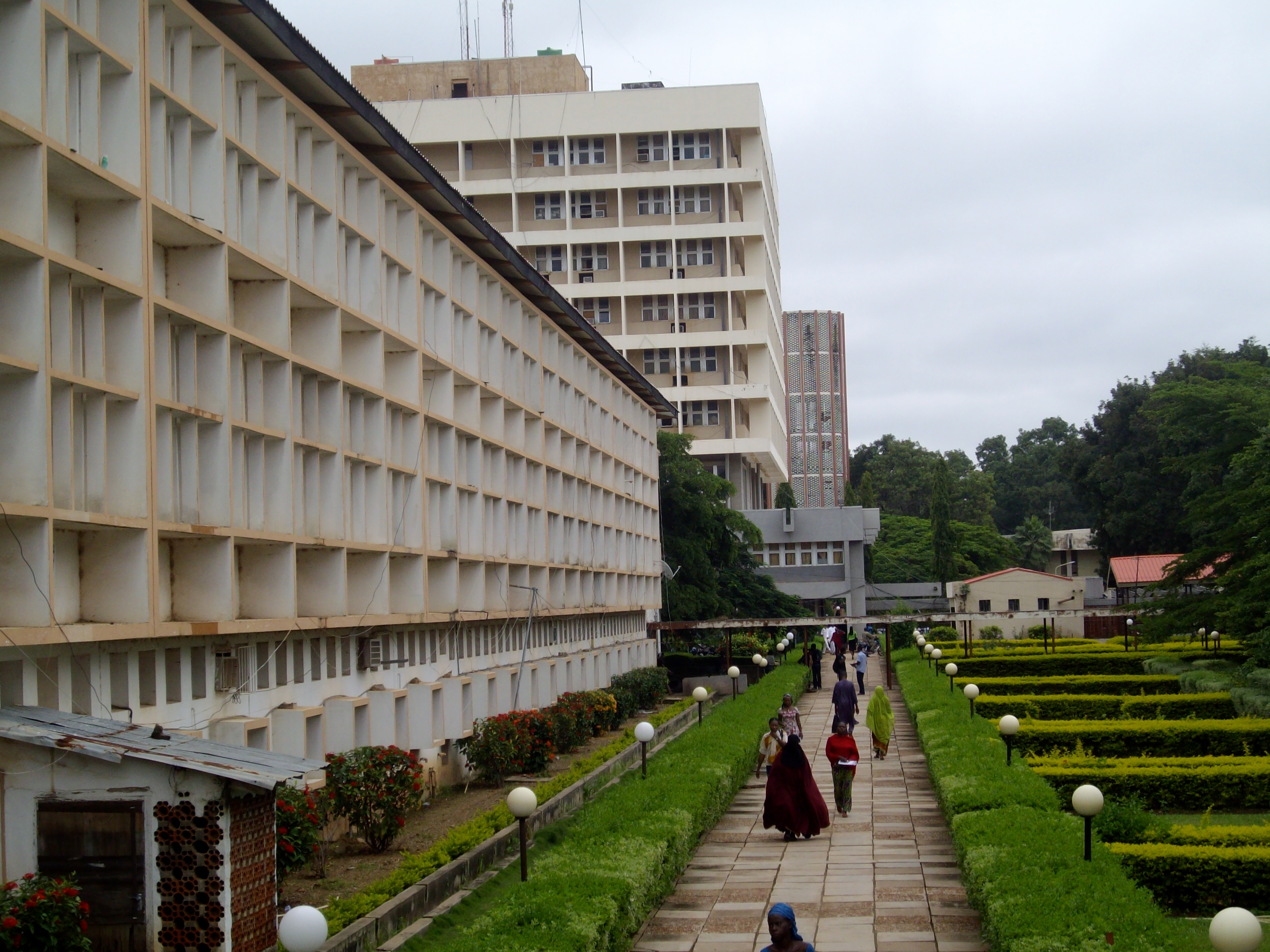
The present Department of Polymer and Textile Engineering, Faculty of Engineering came into existence in the 2017/2018 academic session as a result of four recent important developments in Ahmadu Bello University, Zaria.
(i) The National Universities Commission (NUC) gave approval for the establishment of a new academic programme (B.Sc. Polymer and Textile Science), which essentially replaced the old degree of B.Sc. Textile Science and Technology.
(ii) The Ahmadu Bello University Senate approved the splitting of the old Faculty of Science into two new Faculties of Life Sciences and Physical Sciences.
(iii) The new Department of Polymer and Textile Science was moved to the Faculty of Physical Sciences.
(iv) The Ahmadu Bello University Senate further gave approval that the newly created Department of Polymer and Textile Engineering be moved from the Faculty of Physical Sciences to the Faculty of Engineering with effect from 2017/2018 academic session.
From a historical perspective, the old Department of Textile Science and Technology was first conceived by the Manufacturers Association of Nigeria in the late seventies when the Textile Industry was approaching its zenith, but was finally created in October 1980. The Textile Industry was then the second largest employer of labour next to Government, the most lucrative place to start a career by young and energetic professionals of varied backgrounds. Medical doctors, nurses, engineers, economists, administrators, textile technologists and many other professionals within the country and overseas found their niches in the industry. The industry paid better wages and welfare packages than the refinery workers, the textile profession gave priority status for overseas training utilizing commonwealth, federal government and other overseas scholarship schemes.
We are blessed with some of the best lecturers in polymer and textile engineering education in the country. We have upgraded our workshops and facilities and we are highly ICT compliant. Our newly approved B.Sc. Degree Programme in Polymer and Textile Engineering is therefore a proactive response to modern trends in research and training in the subject areas of Polymer and Textile Engineering.
Graduates of our new programme will be adequately equipped for highly sought-after jobs in teaching and research, polymer synthesis, paints, textiles, petrochemicals, plastics, rubber, paper, automobile and other sundry industries. The programme will also provide opportunities in entrepreneurship.
I implore all of you to avail yourselves of the wonderful opportunities only Polymer and Textile can give and together we shall build a better Polymer and Textile Industry for the present and the future.
The mission of our department is to:
To advance the frontiers of textile and break new grounds, through teaching, research and the dissemination of knowledge of the highest quality to produce high level human power and enhance capacity-building in order to meet the needs and challenges Nigeria and the rest of the world.
To make the Department of Polymer and Textile Engineering a world class department comparable to any other, engaged in Textile and Colour Research to serve humanity in all fields of endeavor and practices relevant to the needs of its university and the society.
The Objectives of the Department are:
1. Understand the engineering principles involved in the development and manufacture of polymers, textiles and associated products.
2. Design projects in polymer and textile engineering and supervise their implementation and be able to design and develop new products and production techniques in the industries.
3. Appreciate the interdependencies between manufacturing systems; develop problem-solving and personal skills in relation to communication and teamwork that encourages creative thinking.
4. Develop a general awareness of the commercial context in which polymers, textiles and plastic products are manufactured in Nigeria and are able to adapt and adopt exogenous technologies in order to solve local engineering problems.
5. Acquire professional training in polymeric and textile materials such as fibres, plastics, rubber, paint, adhesives, foam and composites manufacture consistent with the requirements of the users in Nigeria and elsewhere.
6. Be capable to man the tertiary institutions in the training of polymer and textile personnel, and conduct world class research that is able to expand the frontiers of knowledge and innovation.
7. Function as entrepreneurs who will contribute to the development of Polymer and Textile Industries in Nigeria and provide job opportunities.